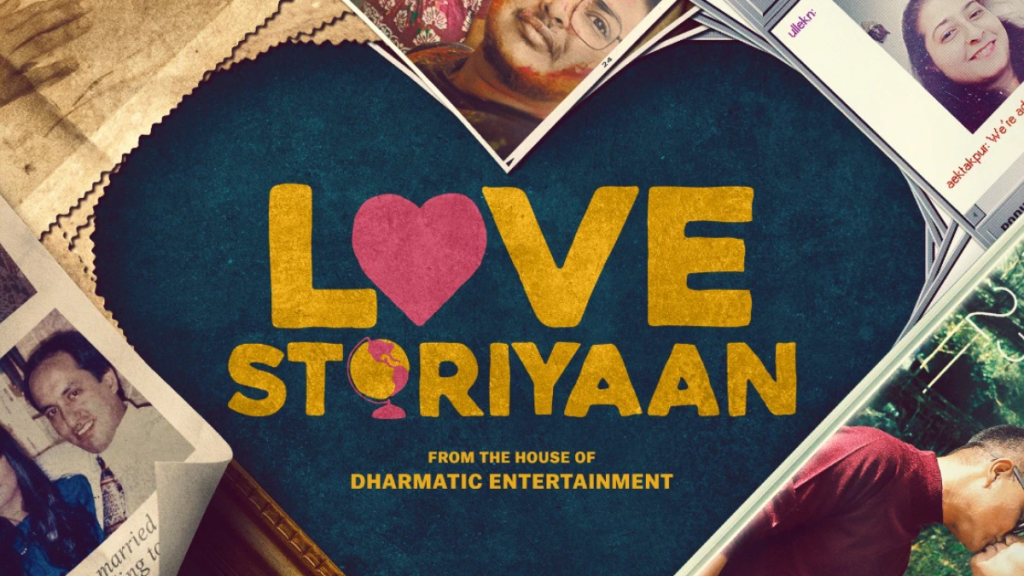Karan Johar’s Love Storiyaan, a web series intended to celebrate diverse love narratives, faced a significant controversy with the banning of its sixth episode in several countries. This ban has prompted a closer examination of LGBTQ+ representation in conservative societies. It has also sparked discussions about the boundaries of acceptance and representation in mainstream media.
The episode, titled Love Beyond Labels, portrays the remarkable love story of Tista and Dipan, a transgender couple from Kolkata. Their journey began amidst their gender transition surgeries. The couple overcame societal challenges and personal struggles, ultimately evolving into a tale of resilience and love.
Why was Karan Johar’s Love Storiyaan’s Episode 6 banned?
As per reports, the ban has been imposed in several countries, such as the UAE, Saudi Arabia, Turkey, Indonesia, and Egypt. The ban underscores the persistent stigma and discrimination faced by the transgender community worldwide. By restricting stories that push the boundaries of traditional gender roles and showcase diverse experiences, people miss out on stories that could teach them about different kinds of love and relationships, making it harder for them to understand and accept others.
Despite Karan Johar’s intentions for Love Storiyaan to serve as a celebration of love in all its forms, the banning of Episode 6 highlights the stark reality of some societies, even in the age of digital media. It shows that censorship and prejudice continue to influence storytelling and dictate whose narratives are acceptable for mass consumption.
In response to the ban, voices from around the world have advocated for greater inclusivity and representation in mainstream media. The LGBTQ+ community, in particular, has urged for more authentic portrayals of their experiences, free from censorship and stereotypes.
Love Storiyaan remains available for streaming on platforms like Amazon Prime Video. The controversy surrounding Episode 6 serves as a reminder of the transformative power of storytelling. It shows that content, if used correctly, can spark meaningful dialogue and inspire social change. While the journey towards acceptance may be fraught with challenges, narratives like Tista and Dipan encourage us to strive towards a more inclusive and compassionate world.










